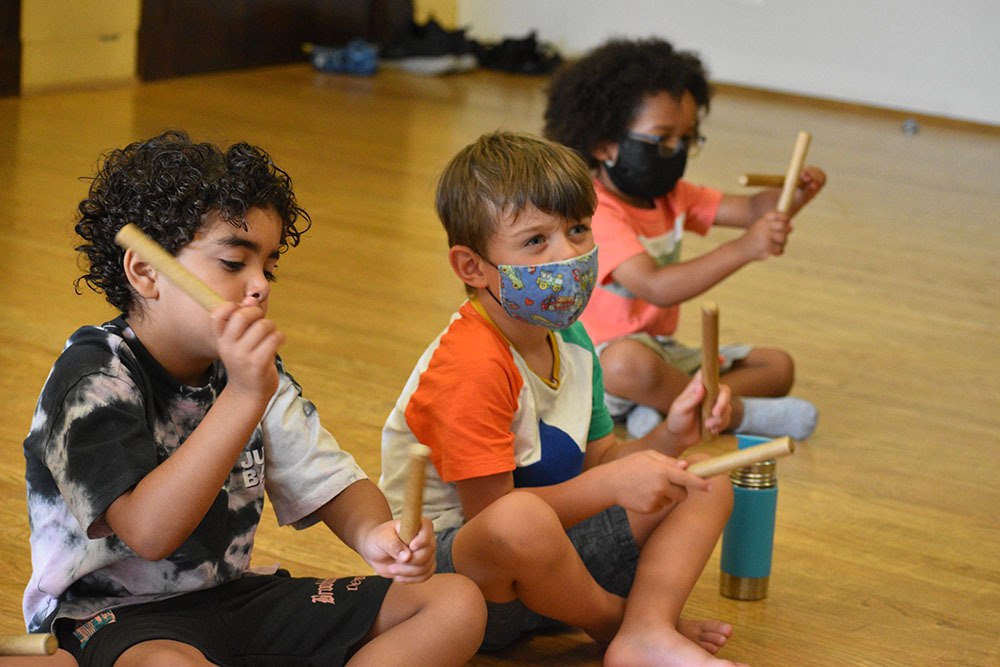“Mommy, daddy, I want to learn how to play the piano.”
That sounds great, but deciding when your child is ready for music lessons is not easy. Here are factors to help you determine whether your future Mozart is ready to learn an instrument.
Motivation trumps physical skills
Rob Sayer, director of The Music Class, a national music lessons company, notes that a child’s physical skills make certain instruments easier to play. An experienced teacher can suggest instruments based on physical traits. “A child can still choose something that is not an obvious match, it just means one of those instruments may require more effort,” Sayer says.
Regardless of physical traits, motivated students “are far more productive playing the instrument of their heart’s desire,” observes Edward DePalma, a Cherry Hill, NJ School District music teacher.
Emotional maturity
In assessing readiness, factors such as patience, temperament and persistence “are important items to look at,” says Irv Rothenberg, a Smyrna, DE music teacher. “Students will have more trouble progressing if they cannot sit during a half-hour lesson.”
Look for clues
How can you tell whether your child’s interest in playing an instrument is genuine? Patricia Manley of Settlement Music School, which has branches in Philadelphia, Willow Grove, PA and Camden, NJ, suggests that when you take your child to a musical performance or listen to recorded music with him, gauge his interest. Observe how he reacts to specific sounds — whether he dances and sings along, whether he wants to imitate a family member he sees playing guitar, or if he has a friend taking lessons.
Sometimes it’s clear
“I started my son with guitar lessons in kindergarten (age 5), says Lisanne Boyle of Drexel Hill, PA. “I was told at the guitar store that 5 was too young, but I figured any child who could tell me what instruments were being played in any song on the radio was certainly ready for lessons…his guitar teacher agrees.”
Finding a match
Rothenberg says, “The right teacher can make a world of difference. For young children, ‘kind and caring’ is a must.” “Parents should observe potential teachers,” says Sayer. “Some teachers are silly and fun while others are strict. It’s important to match the teacher’s social style to what parents believe will work best with their child.” He recommends group lessons. “Most people tend to have more fun learning in a group situation.”
“Ask a prospective teacher (or community school) about the instructor’s educational background,” Manley advises.

School programs
Many kids develop an interest in music through school programs. In the Cherry Hill School District, students begin instrumental music lessons in 4th grade. Grade 3 students participate in a Recorder Ensemble class during which their instrumental music readiness is assessed. They are also encouraged to participate in a spring concert and they are invited to take music lessons the next year.
Parent-teacher team
How do parents keep a child from quitting music lessons if interest begins to flag? Manley suggests that parents view themselves as “part of a team” with the teacher. Talk about the issues that are influencing the child’s behavior. “Some are easy to fix — turning off the television during practice or creating an incentive for a student to practice at home before relaxing with computer games,” she says.
Larry Atkins is a freelance writer and teaches journalism at Temple University and Arcadia University.







